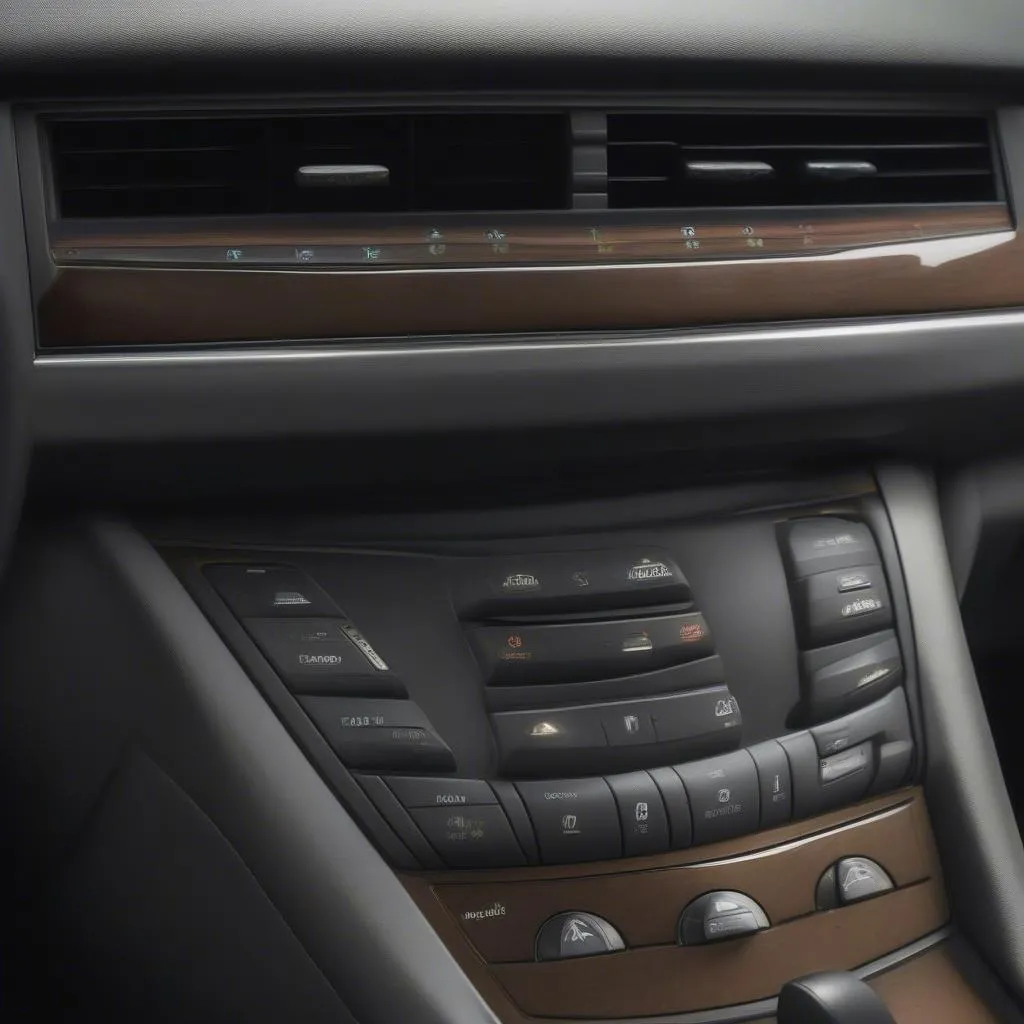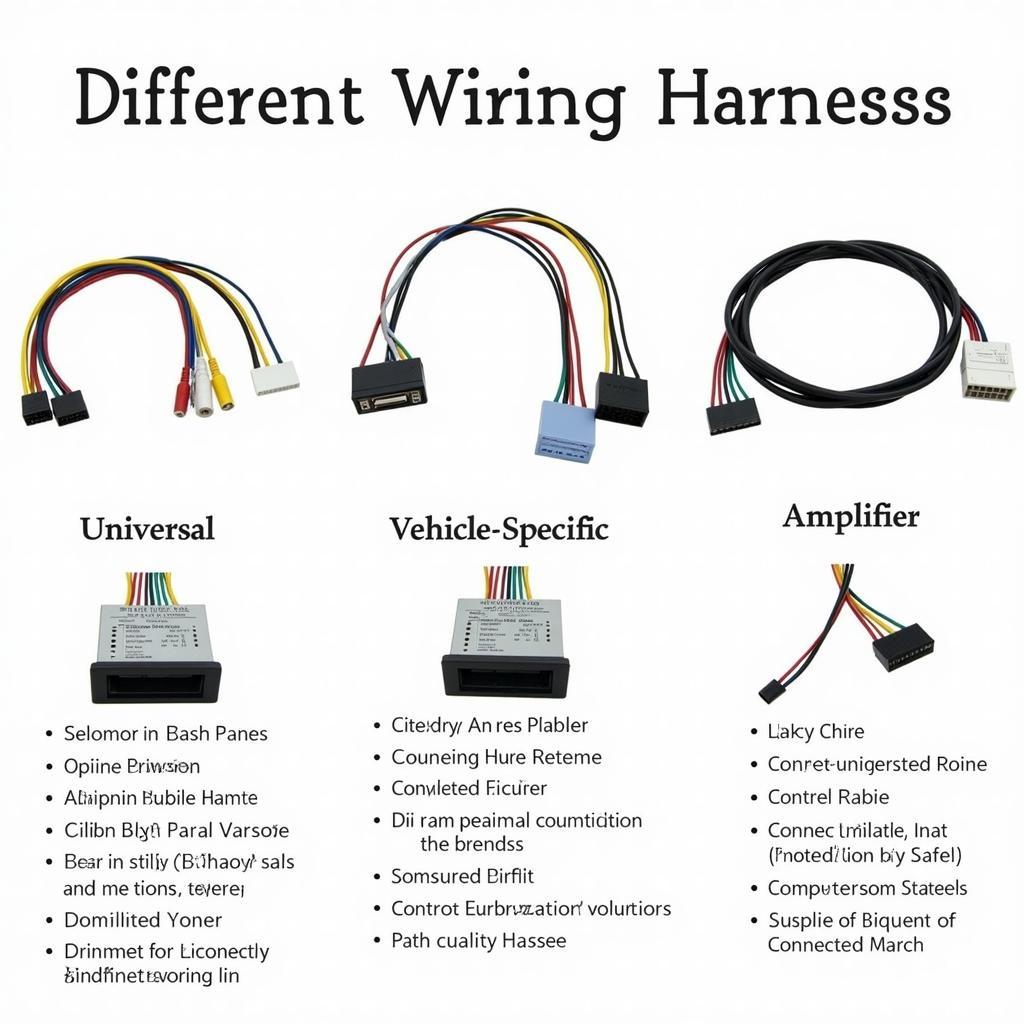Your brake light warning light is a crucial indicator that something is wrong with your vehicle’s braking system. It’s not something to ignore, as it could mean you’re driving with a compromised ability to stop safely.
There are a number of reasons why your brake light warning light might be on. Some are minor and easy to fix, while others may require professional attention. In this article, we’ll explore the common reasons behind this warning light and guide you through the troubleshooting process.
Why Is My Brake Light Warning Light On?
The brake light warning light, usually a red light with an exclamation mark or a circle containing a car with an open bracket below, is a signal that something is amiss with your braking system. It’s a crucial indicator that requires immediate attention to ensure your safety and the safety of others.
Here are some of the most common reasons why this light might be illuminated:
1. Low Brake Fluid
One of the most frequent reasons for a brake light warning light is low brake fluid. Brake fluid plays a vital role in hydraulic braking systems. When the fluid level gets low, it signals a potential problem with the brake system’s ability to function properly.
Here’s why low brake fluid is a concern:
- Reduced Braking Efficiency: Low brake fluid means less hydraulic pressure to actuate the brake pads. This can result in increased stopping distances and reduced braking efficiency.
- Overheating: Low brake fluid can lead to overheating of the braking system, causing brake fade and further compromising braking performance.
- Wear and Tear: Low brake fluid often indicates worn-out brake pads or other brake components.
What to do:
- Check the Brake Fluid Level: Your car’s owner’s manual should provide instructions on checking and topping off brake fluid levels. However, remember that topping off fluid doesn’t address the underlying issue.
- Identify the Leak: Find the source of the leak and have it repaired by a professional. It could be a worn-out brake line, caliper seal, or other component.
- Professional Inspection: If the brake fluid level keeps dropping or you experience any other unusual braking behavior, schedule a comprehensive brake inspection with a qualified mechanic.
Expert Tip:
“If you’re unsure about how to check or add brake fluid, it’s best to consult a mechanic. Incorrectly adding fluid can lead to further complications,” advises John Smith, Certified Master Mechanic.
2. Worn Brake Pads
Worn brake pads are another common cause for the brake light warning light. Your vehicle’s braking system is designed to monitor brake pad thickness and trigger a warning when the pads reach a critical level of wear.
What to look for:
- Thin or Worn Pads: Brake pads have a wear indicator that makes a distinctive noise when the pads are worn down. You may also notice a change in the feel of the brake pedal.
- Squeaking or Grinding Noise: As the brake pads wear down, they can start to squeal or grind against the rotors, producing a noticeable sound.
- Vibrations or Shaking: Worn brake pads can cause vibrations or shaking in the steering wheel during braking, especially at high speeds.
What to do:
- Replace Brake Pads: If your brake pads are worn, replace them with new ones as soon as possible.
- Inspect Rotors: During a brake pad replacement, it’s important to inspect the rotors for damage or excessive wear. If they are damaged, they should also be replaced.
- Professional Installation: Brake pad replacement is a relatively simple job for experienced mechanics. It’s generally recommended to have a qualified mechanic install new brake pads.
3. Parking Brake Issue
A faulty parking brake can also trigger the brake light warning light. This often indicates a problem with the parking brake cable, release mechanism, or a stuck parking brake shoe.
What to look for:
- Parking Brake Stuck: If your parking brake is stuck or doesn’t release properly, it’s likely causing the warning light.
- Parking Brake Cable Issues: A worn-out or damaged parking brake cable can interfere with the brake’s operation and trigger the warning light.
- Loose or Damaged Components: A loose or damaged parking brake shoe or release mechanism can also lead to the light staying on.
What to do:
- Check the Parking Brake: Make sure the parking brake is completely disengaged.
- Inspect the Cable: Inspect the parking brake cable for any signs of wear, damage, or corrosion.
- Professional Diagnosis: If you suspect a problem with the parking brake, have it diagnosed by a qualified mechanic.
4. Electronic Brake System Malfunction
Modern vehicles often have electronic brake systems, which rely on sensors and electronic components to control braking. A malfunction within this system, such as a faulty sensor or a problem with the electronic control unit, can also cause the brake light warning light to illuminate.
What to look for:
- Error Codes: Electronic braking systems use fault codes to identify specific issues.
- ABS Warning Light: An ABS (Anti-lock Braking System) warning light often comes on with an electronic brake system malfunction.
- Unusual Braking Behavior: You may notice unusual braking behavior, such as a spongy brake pedal or a delayed response.
What to do:
- Scan for Error Codes: Use an OBD-II code reader to retrieve any fault codes stored in the electronic brake control unit.
- Professional Diagnosis: The diagnosis and repair of electronic braking systems usually require a specialized mechanic with experience in these systems.
What To Do If Your Brake Light Warning Light Comes On
If your brake light warning light comes on, it’s important to take the following steps:
- Pull Over Safely: Find a safe place to pull over as soon as it’s safe to do so.
- Check the Brake Fluid: Check the brake fluid level in the reservoir and top it off if necessary.
- Inspect the Brakes: Take a look at your brake pads and rotors for any signs of wear.
- Engage the Parking Brake: Make sure the parking brake is engaged and set the car in “Park” if your car has an automatic transmission.
- Call for Assistance: Call a tow truck or a qualified mechanic to diagnose and repair the problem.
Don’t Ignore the Light:
It’s crucial not to ignore the brake light warning light. Driving with a faulty braking system is extremely dangerous and can lead to accidents.
FAQs About Brake Light Warning Lights
Here are some frequently asked questions about brake light warning lights:
1. Will my car pass inspection with a brake warning light on?
No, your car is unlikely to pass inspection with the brake warning light on.
2. Why does my brake warning light stay on?
This could be due to a variety of reasons, such as low brake fluid, worn brake pads, a parking brake issue, or a malfunctioning electronic brake system.
3. Can I safely drive my car with the brake warning light on?
It’s generally not advisable to drive with the brake warning light on. This indicates a problem with your braking system, which could lead to reduced stopping power.
4. How much does it cost to fix a brake warning light?
The cost to fix a brake warning light varies depending on the underlying issue. Replacing brake pads is usually more affordable than repairing a faulty electronic brake system.
5. What should I do if the brake warning light comes on while driving?
Pull over safely as soon as it’s safe to do so and check your brake fluid level. If the problem persists, call for professional assistance.
6. Can I reset the brake warning light myself?
You might be able to reset the brake warning light temporarily by topping off the brake fluid or using an OBD-II code reader, but the underlying problem needs to be addressed.
7. What if the brake light warning light is flashing?
A flashing brake light warning light usually indicates a more serious issue, such as a problem with your ABS (Anti-lock Braking System) or another electronic brake system component. Pull over safely and have the issue diagnosed and repaired as soon as possible.
Remember: Your brake light warning light is a critical indicator that should never be ignored. If you see this light illuminated, take immediate action to ensure your safety and the safety of others.


